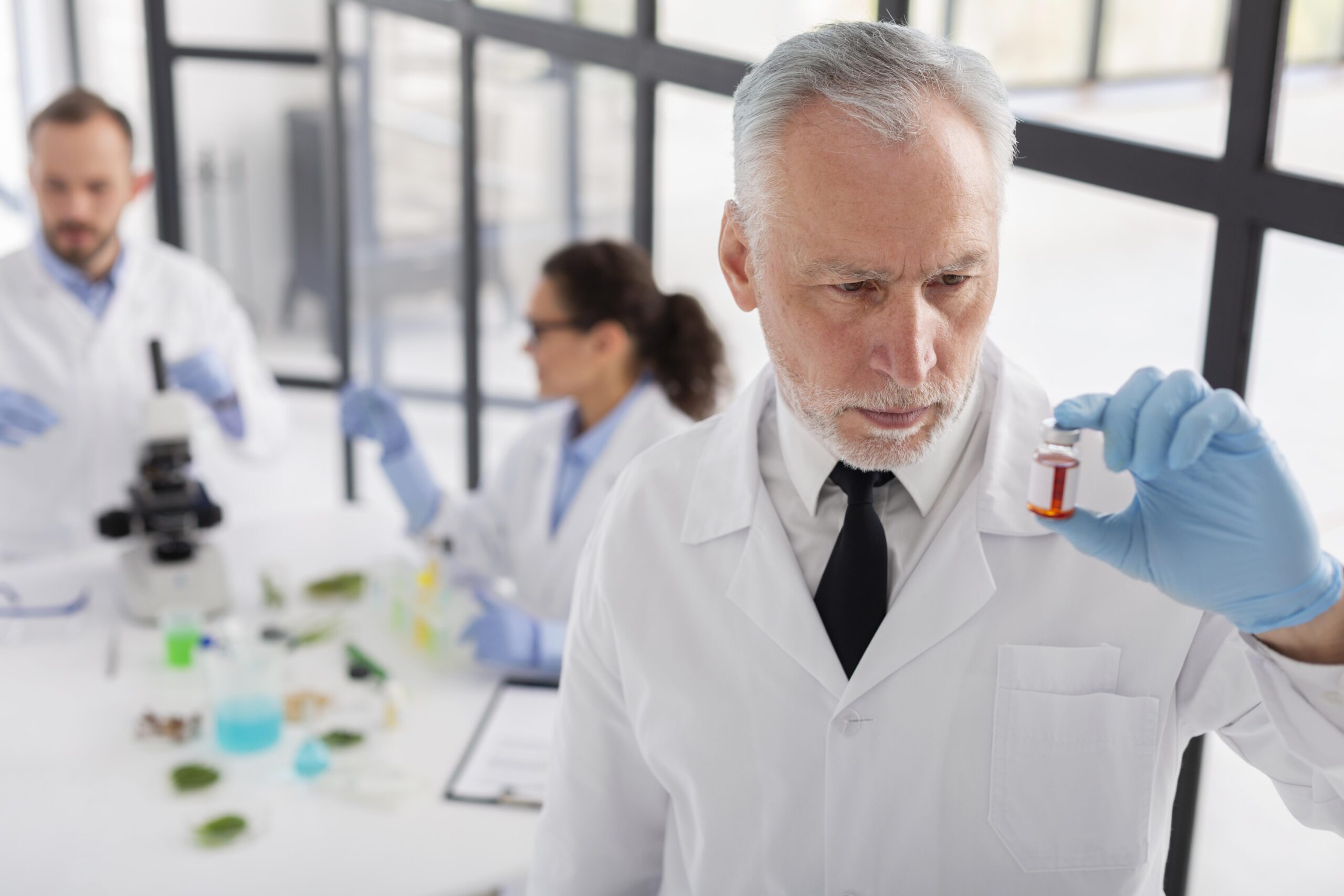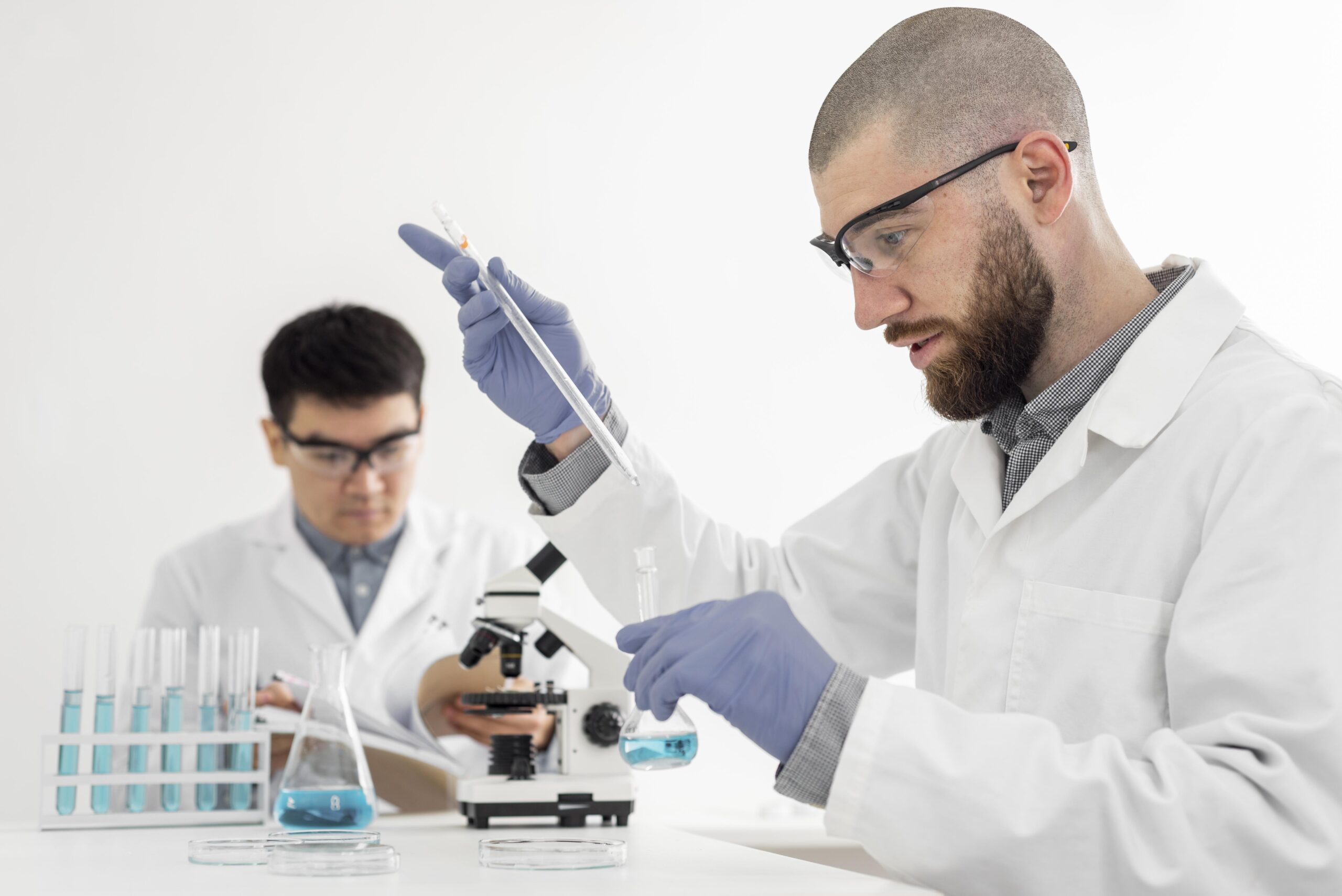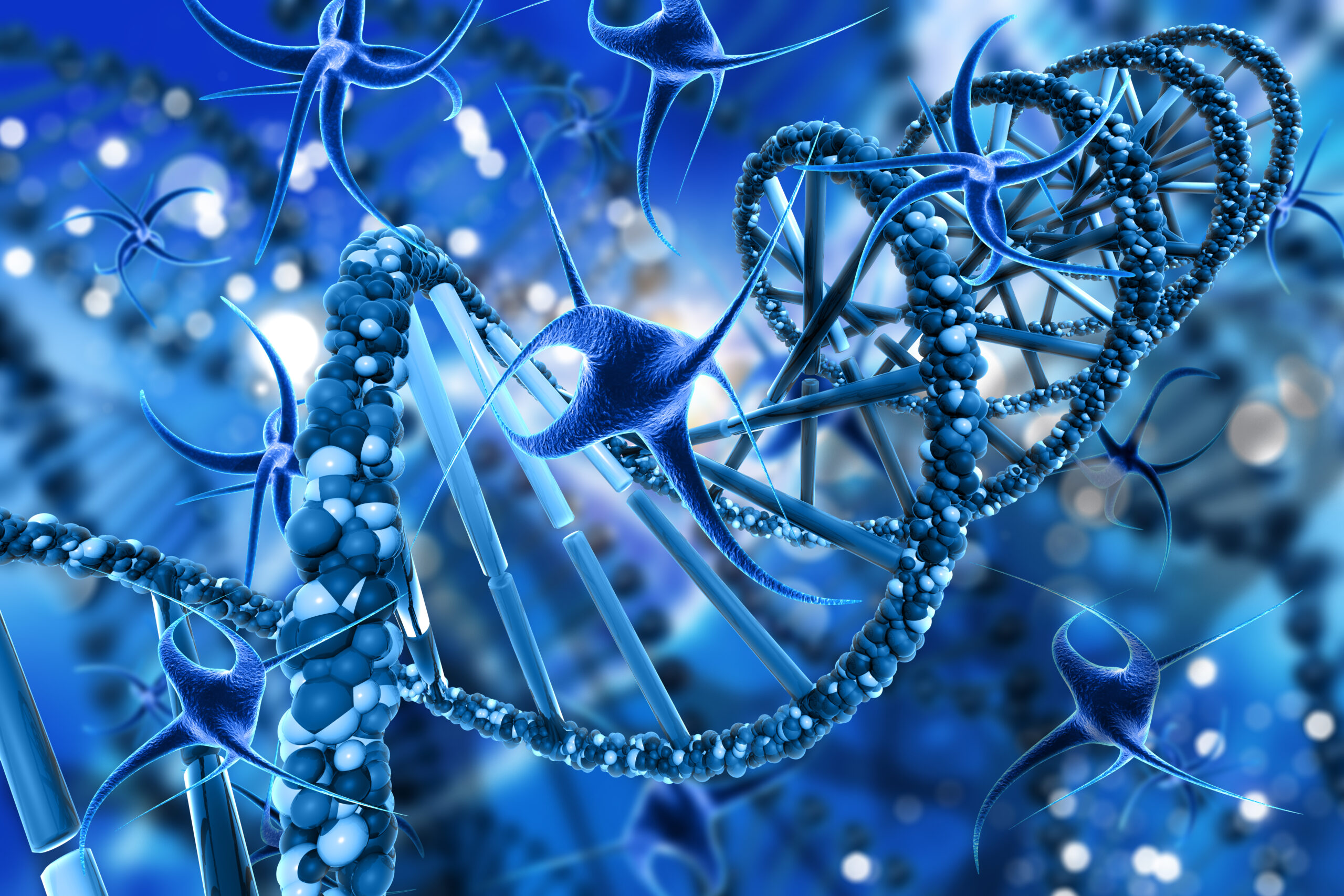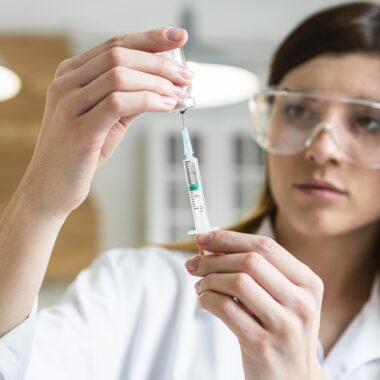Top 5 Peptides for Scientific Exploration in 2024
Exploring the Power of Peptides in 2024
Peptides continue to be at the forefront of scientific research, driving advances in cellular repair, growth hormone studies, and metabolism. Researchers are discovering new applications and insights as they study these powerful molecules in controlled laboratory settings. Here, we review the top five trending peptides for 2024, highlighting their uses in scientific studies and reinforcing the importance of compliance for research-only purposes.
- Ipamorelin
Ipamorelin is widely studied for its role in growth hormone release. This peptide selectively stimulates the secretion of growth hormone without affecting other hormones, making it valuable for researchers studying metabolism and muscle development 1. Its targeted action and minimal interaction with other biological processes make Ipamorelin a preferred choice for experiments exploring growth pathways.
- Semaglutide
Semaglutide is a peptide that has gained attention in the scientific community for its role in metabolic studies, especially related to glucose regulation and appetite control. Researchers use Semaglutide to study insulin sensitivity, weight regulation, and metabolic health in laboratory settings. Its effects on glucose pathways have made Semaglutide valuable in metabolic research, particularly when exploring obesity and diabetes models 2.
- PT-141 (Bremelanotide)
PT-141, also known as Bremelanotide, is a peptide that has shown potential in studies of neurochemical pathways related to behavior and sexual function. Unlike many other peptides, PT-141 targets the central nervous system rather than acting on hormone release. Researchers utilize PT-141 to gain insights into neurochemical signaling and behavioral responses 3. Its unique mechanism of action continues to spark interest in the fields of neuroscience and behavioral studies.
- BPC-157
BPC-157 is popular in research on tissue repair and inflammation. This peptide is derived from a natural protein found in the digestive system, and it has shown potential in promoting cellular healing and recovery. Studies on BPC-157 focus on its effects in muscle repair, wound healing, and gastrointestinal health 4. Its influence on cellular pathways involved in regeneration has made BPC-157 a key subject in the study of reparative processes.
- TB-500 (Thymosin Beta-4)
TB-500, a synthetic version of the naturally occurring Thymosin Beta-4, is extensively researched for its cell migration and wound healing properties. This peptide is commonly used in studies exploring cardiovascular health, muscle recovery, and tissue regeneration. Researchers value TB-500 for its ability to enhance cellular repair and facilitate recovery processes 5. Its role in regenerative medicine continues to expand as more studies investigate its potential applications.
Research Purposes Only
All peptides mentioned in this article, including Ipamorelin, Semaglutide, PT-141, BPC-157, and TB-500, are strictly intended for research purposes. They are not approved by the FDA for therapeutic use or human consumption and should be handled in laboratory settings by qualified researchers. At [Your Company Name], we are committed to supporting scientific research by providing high-quality peptides for research-only applications in compliance with legal guidelines.
The Expanding Frontier of Peptide Research
As scientists delve deeper into the applications of peptides in fields like metabolism, growth studies, and cellular repair, peptides continue to offer promising insights. The peptides covered here represent the leading edge of scientific exploration for 2024, offering researchers valuable tools to advance their understanding of complex biological systems. As always, ethical and legal compliance is paramount, ensuring that research remains responsible and within regulatory standards.
References
- Kaden, S., et al. Ipamorelin and its effect on growth hormone release and muscle anabolism in humans. Growth Hormone & IGF Research, vol. 16, no. 5, 2006, pp. 375-383.
- Wilding, J.P.H., et al. Once-Weekly Semaglutide in Adults with Overweight or Obesity. New England Journal of Medicine, vol. 384, 2021, pp. 989-1002.
- Giuliano, F., and Clément, P. Neuroanatomy and physiology of sexual function. Journal of Sexual Medicine, vol. 2, no. 6, 2005, pp. 832-837.
- Sikiric, P., et al. The significance of the BPC-157 peptide in relation to the gastrointestinal tract and beyond. Current Pharmaceutical Design, vol. 17, no. 16, 2011, pp. 1612-1632.
- Goldstein, A.L., and Hannappel, E. Thymosin beta 4: A multi-functional regenerative peptide. Basic and Clinical Pharmacology and Toxicology, vol. 110, no. 6, 2012, pp. 550-556.











